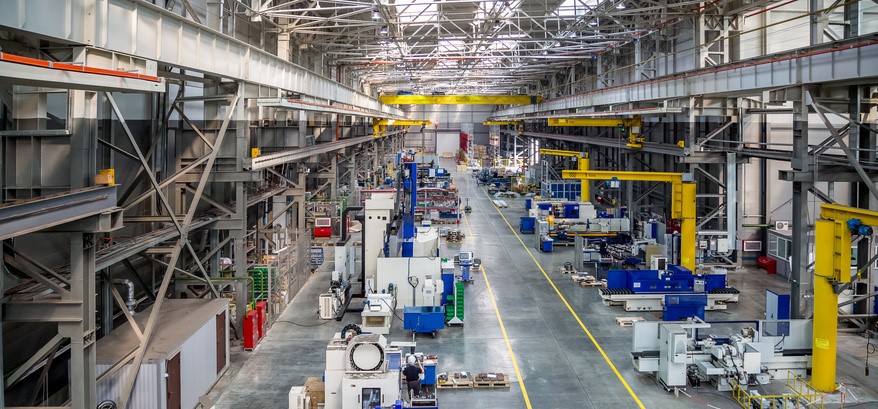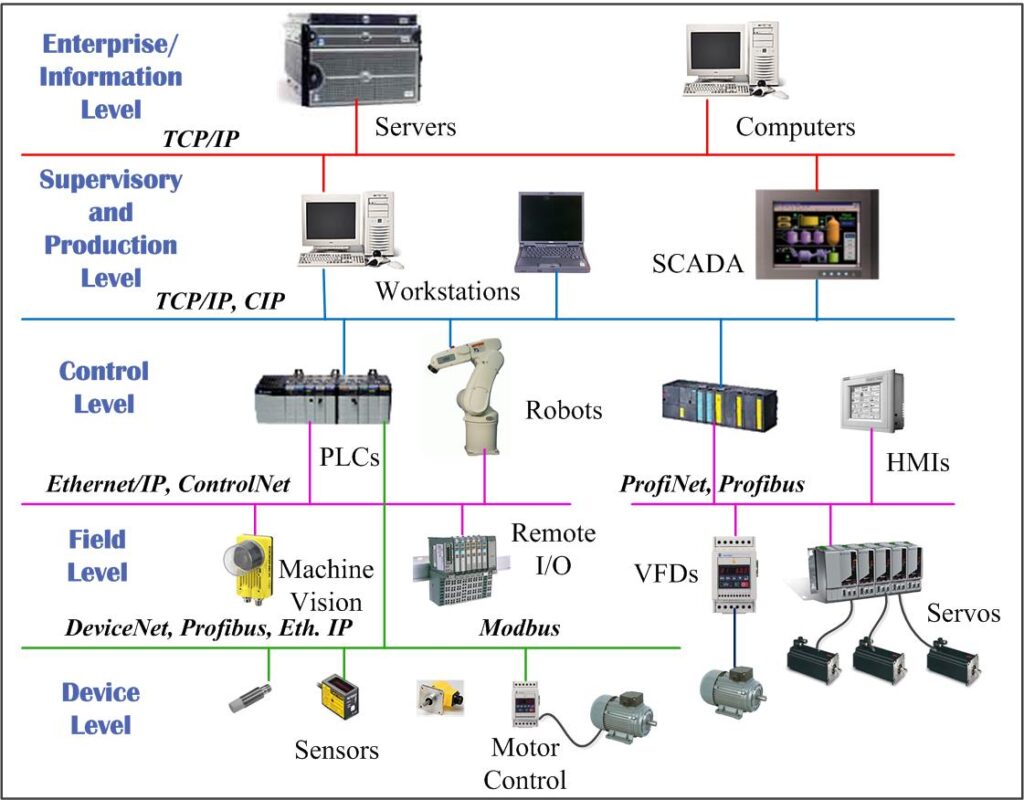A Different Kind of Training

After months of being out of the training environment due to the pandemic, September took me back on the road.
In addition to standard training classes for Automation Training (Siemens and Omron), I was approached by a customer to do one-on-one sessions with maintenance personnel.
I had held both standard and customized training for this customer previously, so I knew most of the students. This time though, I was asked to go out on the plant floor and work individually with techs.
It was very interesting to see the kinds of things they asked for help with. Usually classes are at the mercy of the training manual and curriculum. Whatever is on the schedule is what we cover, and everyone gets the same material. In this case, techs were able to work on whatever were their most important issues.
Most knew the machines and programs quite well, so it wasn’t usually a matter of chasing bits through a program. Several had questions about communications protocols, not only connecting to the PLCs and devices but also going deeper into the technical side of how the communications actually worked, from drivers to standards to configuration. EDS and GSD files were discussed as well as how information is transferred between devices.
Some of the equipment was pretty new, so I examined the programs and explained a lot about the safety circuits and configuration. Both Profi and Asi safety devices were used, and the effects of STO (Safe-Torque Off) configuration and effects were covered. There are settings in the VFDs that interrupt production if not set correctly, I discovered some of this while digging through the manuals when a few drives had to be replaced.
We also chased some intermittent issues, which can be some of the more difficult problems to find. In the case of Siemens, there are OBs (Organization Blocks) that specifically handle diagnosing some of these problems if the right code is inserted.
The biggest takeaways from this experience are as follows:
- Much more can be covered by working directly on the equipment. Sometimes the maintenance guys don’t examine things that someone new to the machine will look at.
- One-on-one attention is very effective. Technicians can spend more time explaining specific problems they have without their co-workers being around. Sometimes they may be embarrassed to ask questions in front of their peers.
- It’s not all about the software and platform. A machine or system is an integrated whole, and watching the interaction between operator, tech and machine allows for insights I would never get in a classroom environment.
- Working within the manufacturing operation for a week makes me that much more valuable to the customer. Now we can discuss specific operations without as much explanation.
I was also able to discover a lot more about the different communication and control layers on the plant floor and make some suggestions.

Having all of the content from my books and manuals also allowed me to make some useful documents for the techs also!
I have been told they plan on two more of these sessions next year, as well as sending one of the guys down to my facility this year for some on on one design work.
So this really was a different kind of training, and I hope to do a lot more of it. Hit me up if this is something your plant is interested in!
